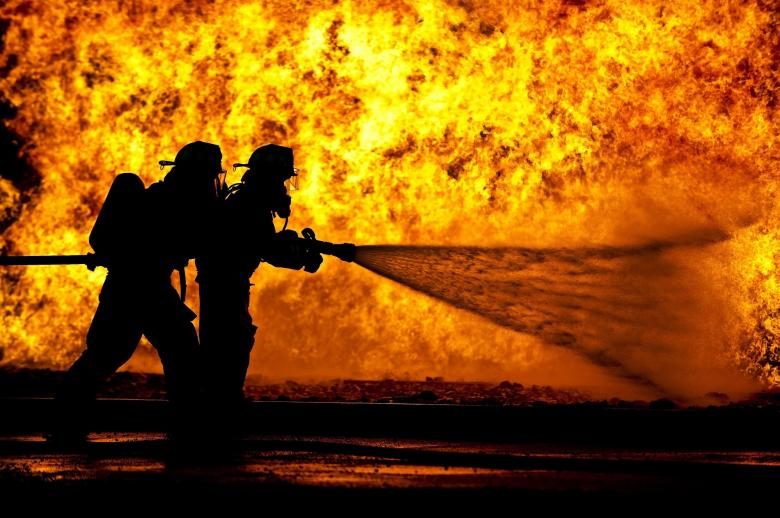By MnFIRE Assistance Program partner, Optum
People in the fire service experience much higher rates of mental health challenges than the general population – particularly in the areas of sleep disorders, depression, substance abuse, post-traumatic stress disorder and suicidal ideation/action. The stigma associated with mental health conditions causes many firefighters to stay quiet about what they’re really experiencing – and not seek treatment. They might perceive themselves to be “weak,” feel ashamed, or tell themselves it’s “just a phase” that’ll pass if they push through. They might worry about being treated differently or losing their jobs. Or, they just might not know where to begin finding help.
This is all to say, one of your fellow firefighters may be suffering in silence. You can help set the tone in your department so mental illness is destigmatized, and people feel encouraged to seek out help when they need it.
Learn the signs
While different mental health conditions have different symptoms, with variances depending on the person, early warning signs include behavior changes over time that last for two or more weeks. For example, a previously energetic, reliable colleague now consistently seems fatigued, shows up late and looks disheveled. They also seem angry, irritable, and prone to outbursts.
Some common signs of mental illness include:
- Excessive worrying or fear
- Persistent sadness, hopelessness or “empty” feeling
- Lack of concentration
- Extreme mood changes, including irritability or anger
- Changes in eating habits, energy level or sleeping patterns
- Delusions and/or hallucinations
- Increased use of alcohol or other substances
- Persistent physical aches and pains
- Suicidal thoughts
- Lack of interest in activities
- Inability to carry out daily activities or handle daily problems and stress
- Intense fear of weight gain or concern with appearance
Reach out
If someone you know is showing warning signs and needs help coping with a situational or chronic mental health condition, reaching out can make a difference. Consider using the method like “NOTICE. TALK. ACT.™” from American the Psychiatric Association.3
If you notice a person is exhibiting the warning signs that last for two or more weeks, find a quiet place to ask, “Are you OK?” Compassionately and nonjudgmentally provide a few examples of what’s worrying you. Do not assume you know what is going on. Listen with the aim to learn more from their perspective. Remind them we all have challenging times in life, and getting extra support and guidance can help us get through those times. Recommend they consider taking advantage of the free counseling sessions available to them through the MnFIRE Assistance Program, or to call MnFIRE’s 24/7 peer support hotline, both available at: 888-784-6634.
Then, check back in with the person in a day or two to see how things are going. Please note: If you are worried about the person’s immediate safety, do not leave the person alone. Seek emergency assistance.
Be an ally
You also can help create a supportive environment, increase awareness and reduce stigma for those in your department who are struggling. For example, commit to using respectful and compassionate language to describe or talk about mental health. Using derogatory terms perpetuates discrimination and stigma. It also dehumanizes the people living with mental health conditions, dismisses their experiences and can discourage them from asking for support.
In addition, intervene if you overhear others using verbally abusive language, and challenge misconceptions when you see or hear them.
You can make a difference.








